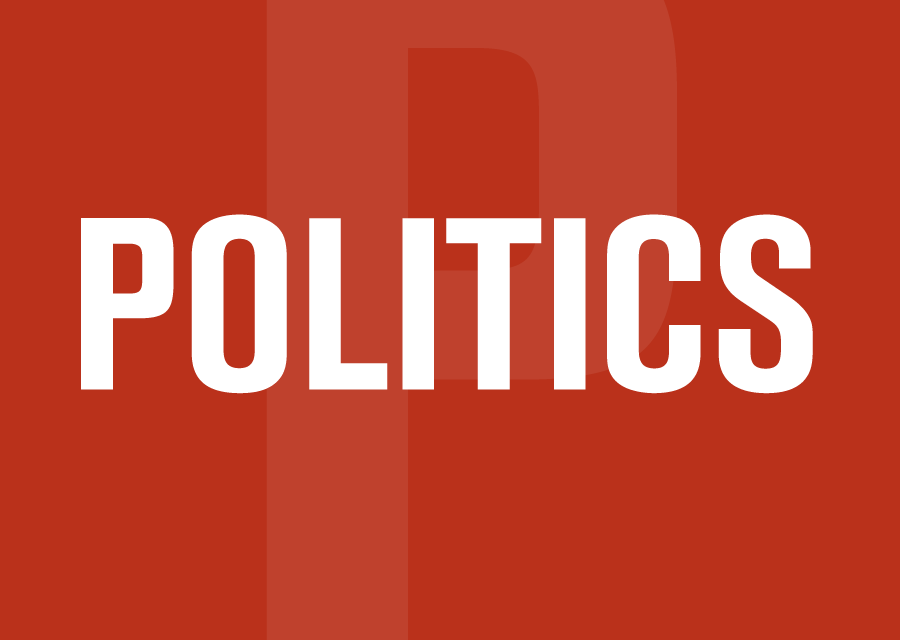It’s important to keep things in perspective. At the end of another week of Trump refusing to acknowledge he has lost the Presidency of the most powerful country in the world, Stephen McNeil’s latest dismissal of democracy in little old Nova Scotia pales by comparison.
Nevertheless, the plan by McNeil and his Liberal enablers to dispense with a fall sitting of the legislature for the first time in many years was rightly condemned by the opposition. The out-going Premier’s attempted justifications – he’s too busy warding off the pandemic, he’s accountable through his occasional Qs and As with reporters – are questionable.
It has been noted many times, but bears repeating: the federal government, every provincial government and municipal governments across the country have been able to combine the rituals of responsible government with their COVID-19 fighting efforts.
While Nova Scotia endured a democratic lockdown, our New Brunswick neighbour managed, while keeping COVID-19 under control, to conduct regular sittings of the legislature in the spring, carry out an election campaign in the summer and will convene for a new session later this week. And, oh yeah, New Brunswick’s minister of finance presented a fiscal update last week showing in considerable detail how the government has been spending the hundreds of millions of federal pandemic relief dollars.
The notion that Qs and As with reporters equals accountability, while consistent with McNeil’s Louis XIV “l’etat c’est moi” complex, is not how government works in a democracy. As Gary Burrill puts it: “There is a fundamental thing about democracy that the premier clearly does not understand and it is this: Stephen McNeil is not the government of Nova Scotia.”
Cape Breton University’s Tom Urbaniak, a persistent critic of McNeil’s democratic deficit, told the CBC that this latest demonstration will hurt McNeil’s legacy and “put tremendous pressure on his successor to distance themselves from this approach.”
That act of political distancing, should it happen, will be fascinating to watch for as the Liberal leadership campaign slumps toward next February. In the meantime, there’s this business of maintaining perspective. McNeil is not worse than Trump. But how does his contempt for democracy compare with other Nova Scotia leaders?
Down memory lane
The name that comes to mind in the equivalence discussion is former Conservative Premier Donald Cameron. Ironically, it was Cameron’s efforts nearly 30 years ago to avoid accountability in the legislature that led to the practice of mandatory fall sittings that McNeil now intends to flout by calling the House next month just to prorogue it.
Donald Cameron spent the final year of his 28 months as Premier avoiding the legislature, first going back on a promise to hold a fall sitting and then failing to call the house in the spring of 1993 to deal with a budget. As a result, but for a brief sitting to deal with a technical issue, the Nova Scotia House of Assembly, proud cradle of representative government in British North America, went more than 14 months – from July 2, 1992 to September 13, 1993 – without sitting.
Cameron had a few other run-ins with parliamentary tradition. He thought the speech from the throne a waste of time, so didn’t bother presenting one when the house did sit. And to give his government a feminist façade, he engineered a three-fold increase in female cabinet representation by appointing two unelected Tory women candidates to the executive council a few weeks before calling an election.
Daily News columnist Cathy MacDonald, predicting correctly that Cameron would go to the polls without tabling a budget, wrote at the time: “The government has now abandoned all plans to formulate a budget that would make any kind of sense. So voila, make it disappear in the usual contempt for parliamentary democracy for which this administration has become infamous.”
In the race to the infamous bottom, Cameron’s 14-plus-month legislature lockdown still leads and will stand if the Liberals follow through on last week’s promise to call the house back on February 16. But McNeil’s single-year record for scorning democracy – a mere 13 sitting days in 2020 – will also merit placement in the book of dubious democratic achievement.
Under Cameron the House sat for about 50 days in the spring of 1992. It met for about the same number of days in the fall of 1993. In between sittings, on May 25, 1993, the John Savage-led Liberals soundly defeated Cameron’s Conservative government.
Many factors contributed to the 1993 election drubbing – only nine Conservatives elected to 40 Liberals – but being infamous for contempt of parliamentary democracy did not help Cameron’s cause. Similar notoriety earned by McNeil is likewise a rotten legacy he leaves to his successor.
-30-





You’ve nailed it. I was furious when I read that McNeil had no plans to resume his rightful duties. Just another dictator and as you said not as bad as Trump but getting close when he has no regard for governing in a democracy. It’s unbelievable!